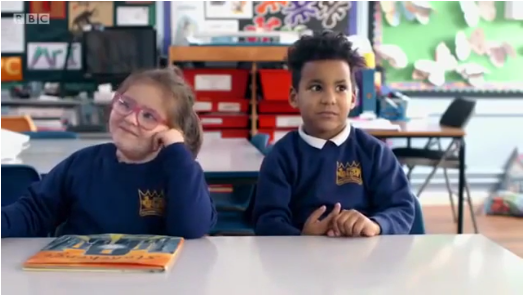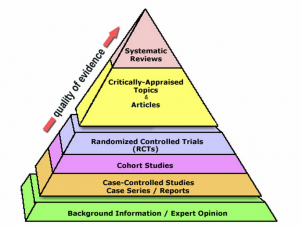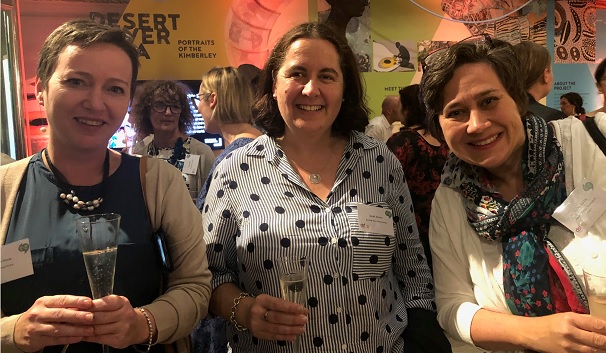Benchmark Assessment: often wrong
0 RepliesIt’s the end of the school year in Australia, so children are getting their end-of-year reports.
Many Australian schools use the American Fountas and Pinnell Benchmark Assessment System (BAS) to evaluate reading skills, but a new American Public Media (APM) report says it fails to identify most struggling readers.
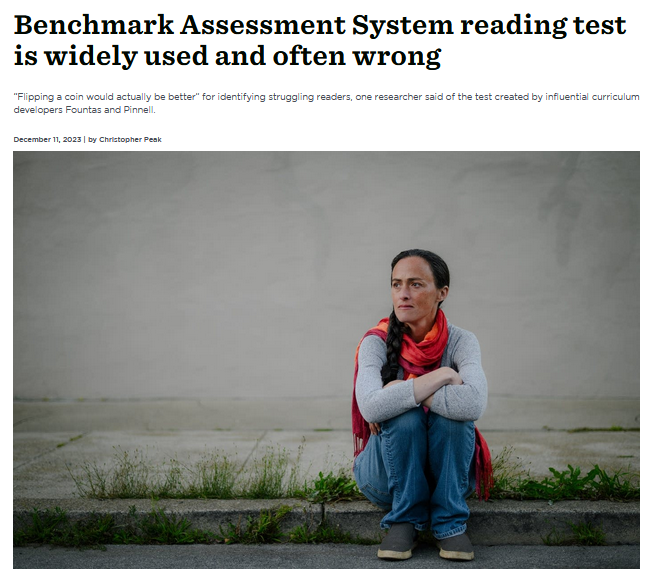
If teachers rely on the BAS results, they will be advising many parents not to worry about their children’s reading skills, though there’s good reason to be concerned.
If you’re in this situation, please seek more reliable and valid assessment. Early intervention is highly effective, and ‘late bloomers’ are more likely to wilt and suffer than catch up.
There are plenty of more cost-effective, efficient, reliable, valid literacy skill assessments available for school use. The excellent, Australian Reading Science in Schools website has an assessment list you can download here. Chances are that teachers using the BAS don’t know about researchers’ adverse findings on it, or good alternatives. Do them a favour, send them the APM report and RSS assessment list.
If your school can’t provide valid, reliable reading/spelling assessment, try asking local Speech Pathologists, Educational and Developmental Psychologists or Specialist Educators for a second opinion. Very young kids can do quite a lot of learning in the summer holidays with good professional guidance and/or by attending programs like our holiday groups. The sooner they catch up with peers, the happier they’ll be in 2024.
Summer holiday groups at Spelfabet
0 Replies
Bookings are now open for our intensive explicit, systematic synthetic phonics therapy groups in the week of 15-19 January 2024.
These are for young children (in school Years F-2 in 2023) who need extra help with learning to read and spell words by sounding them out.
Each group will run for an hour a day, and include plenty of games and fun. We will provide daily homework to complete and bring to the next session.
The groups will be:
| Time | Skill level | Example words targeted |
| 8.45am to 9.45am | Beginners: VC and CVC words. | at, in, hop, bus, red, fan, big |
| 10.15am-11.15am | Adding common suffixes to base words, doubling final consonants as needed. Introducing three “long” vowels with consonant-e/split/silent final e spellings, and when to drop final e before adding a suffix. NB if you have a Year 3-4 child who needs this level of work, we may run a second group for them at 11.45am. | bat-batting, swim-swimmer, hop-hopped, run-runny, shade-shady, time, timer, hope, hoping |
| 11.45am to 12.45pm | Adjacent consonants: CVCC, CCVC, CCVCC, CCCVC, CVCCC. | help, list, trap, stop, crust, strip, jumps |
| 2.00pm to 3.00pm | Consonant digraphs. | wish, chat, fetch, this, when, quick, sing |
We will provide all the necessary resources, including specialist take-home readers. We have a maximum of four children per speech pathologist in our groups, to keep the pace/intensity high. We match children carefully and ask that everyone comes prepared to attend all sessions and do all the homework.
Our groups will be held at our North Fitzroy office in Melbourne’s inner north, with attendance by appointment only. Spaces are limited, and upfront payment for all group sessions is required to secure a child’s place. The cost of a week’s program is $720, which covers all sessions, materials and planning time, plus a brief final report with recommendations. Missed sessions are non-refundable. Private health rebates may apply, depending on your level/type of cover, but Medicare only provides rebates for individual therapy sessions.
Children not already known to us need to attend an assessment session with us before joining a group. This allows us to check whether we have a suitable group, and helps us cater for any special needs/interests. If we don’t have a group matching a child’s skills and needs, we can usually suggest other intervention options.
Please contact Tiana Knights on admin@spelfabet.com.au, (03) 8528 0138 or text 0434 902 249 if you’d like to find out more about these groups, or book an assessment for a struggling reader/speller.
New word-building videos
0 RepliesI’ve made three very short videos (each under 90 seconds) showing how lots of long words are built by adding prefixes and suffixes to base words. The tiles depicted are from the Spelfabet Moveable Alphabet and Affixes, many of which flip over, making it easy to demonstrate juncture changes e.g. how ‘y’ changes to ‘i’ in ‘funny-funnier’, and final consonants double in ‘run-running’ and ‘hop-hopping’.
The aim is to minimise wordy explanation, and maximise demonstration, so I’ll stop explaining them now, and let them speak for themselves. Hope you like them.
Chances are your child’s school uses programs which lack strong evidence to support teaching: what parents should know
0 Replies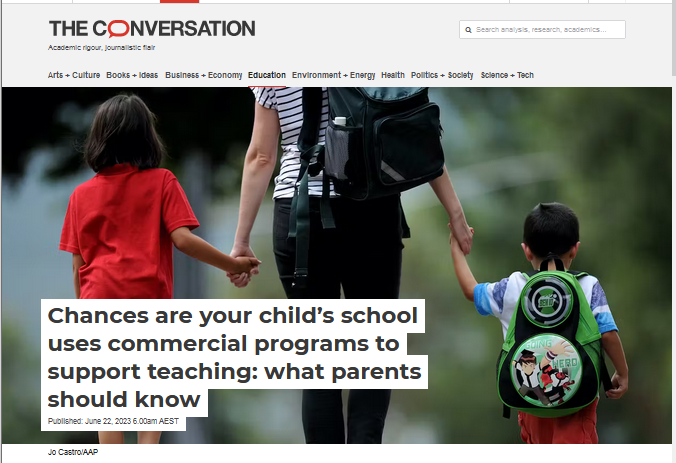
An article appeared in The Conversation last week called “Chances are your child’s school uses commercial programs to support teaching: what parents should know“.
At first I did a double-take. Parents should be aware, and very concerned, about the variable quality of literacy-teaching programs and approaches used in Australian schools. Many parents now know this, thanks to activism by parent, teacher and other professional groups, plus US journalist Emily Hanford’s brilliant reporting on what’s known generally as Balanced Literacy, and specifically programs by Marie Clay, Irene Fountas, Gay Su Pinnell and Lucy Caulkins.
Fountas and Pinnell’s Benchmark Assessment System and Classroom and Leveled Literacy Intervention programs, Caulkins’s Units of Study programs (all sold in Australia by Pearson), and other Balanced Literacy approaches (e.g. three-cueing, Running Records, Guided Reading, rote-memorisation of high-frequency wordlists), are widely used in Australia. A few Australian schools might still use Clay’s Reading Recovery program, despite recent research showing its long-term impact, and petitions like this one from my local Dyslexia Victoria Support (please sign if you’re in Victoria). Caulkins has now seen the scientific writing on the wall, and added systematic phonics to her early years program, but I’m not rushing out to buy it.
However, The Conversation’s authors last week, three Education academics from Edith Cowan University in WA, were not objecting to poor quality programs. They were objecting to commercial programs.
Are they just anti-commerce?
Are the authors anti-commerce in general? Do they grow their own food and make their own clothes, avoiding the stench of filthy lucre? Maybe they think all educational programs should be free. This would make writing programs the province of overworked teachers and the independently wealthy. Is earning a living writing educational programs wrong? Aren’t teachers entitled to the best available tools?
The article’s stated concern is that “the content and the way students are being taught is outsourced to a third-party provider, who is not your child’s teacher.” Interesting use of the passive tense. Outsourced by whom? Are they seriously suggesting that teachers should make, not buy, all programs? What about programs consistent with the best available scientific evidence, and extensively classroom-tested? Do they seriously think it’s OK for the nation’s children to be here’s-a-program-I-made-earlier guinea pigs?
Well, no. They write:
“It is easy to see why schools use commercial programs. They offer efficient, consistent delivery of content across year levels. They also save teachers planning time and come with ready-made resources for lessons.
But schools often adopt these programs to reduce workload or because they have become widely accepted by other schools, rather than investigating whether they are endorsed and peer-reviewed by Australian or international education experts.“
The evidence pyramid
I did another double-take. Programs “endorsed and peer-reviewed by experts” are the best schools can do?? But expert opinion is right at the bottom of the evidence pyramid. Sure, it’s better than nothing, but experts get stuff wrong all the time. We’re talking about the nation’s kiddies here. I respectfully submit that schools should focus on evidence from (ideally) the top of the evidence pyramid, much of which is readily accessible in plain-English explanations like this one from the Centre for Education Statistics and Evaluation. We should all simply ignore experts when they disagree with the best available scientific evidence.
I’m sorry, but what exactly is being argued?
The Edith Cowan academics’ article goes on to argue against (strongly evidence-based) direct instruction because of “broad understanding” that play-based experiences are better. What exactly is “broad understanding”? Once upon a time, we had a broad understanding that the earth was flat.
It says using a commercial program limits a teacher’s ability to meet individual needs. I would have thought that not staying up all night writing programs, or having to think through every aspect of their delivery, would help rather than hinder a teacher’s ability to differentiate.
And then the old chestnut: commercial programs are “taking autonomy away from teachers, while devaluing their professional knowledge and skills”. Is teacher autonomy really a core value for parents? Do the authors realise that highly-valued, knowledgeable and skilled professionals like surgeons and engineers can’t just do what they like? They must keep their checklists and procedures strictly aligned with current research and best practice, lest they be sued for malpractice or build something that falls down and kills people. Yet they’re still highly valued.
The article says teachers receive evidence-based training at university. The 2021 report of the Quality Teacher Education Review disagreed, and recommended universities improve (among other things) what they teach about reading, including phonemic awareness and phonics as essential in the early years.
Like most unconvincing articles, this one wraps up with a grab bag of unsubstantiated claims: commercial programs are generic, repetitive, irrelevant, and make it hard for kids to learn “at their natural pace” (does this mean “let the slower kids go slow?” Surely that’s a recipe for letting them fall further behind?). They could harm engagement and social and emotional development. Hmm. Links provided are to very general articles about good practice, but no research highlighting the evils of commercial programs in schools.
Hooray for all the teachers who know better, and are doing better
The teachers I talk to are hungry for information about evidence-based practice, and determined to be accountable to their students and the wider community. They’re joining groups like Reading Science in Schools in droves, and booking out Sharing Best Practice and ResearchEd events. They’re critically evaluating the programs available in their schools, dumping poor-quality ones, and replacing them with better quality programs. Some of these are free, and some are bought with money (AKA commercial).
These teachers are amazing, parents should know about them, and we should all be cheering them on.
Embedded Picture Mnemonic bookmarks and desk mats
0 RepliesHelp beginners link speech sounds and letters/spellings with our new, printable embedded picture mnemonic bookmarks and desk mats.
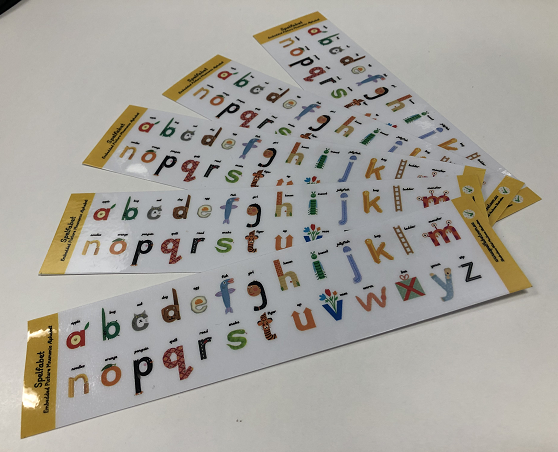
The bookmarks are single-sided, with one mnemonic for each letter of the alphabet. Five print to an A4 page. Save, print, laminate and cut up for distribution to literacy beginners. If/when some are lost/damaged, just print extras.
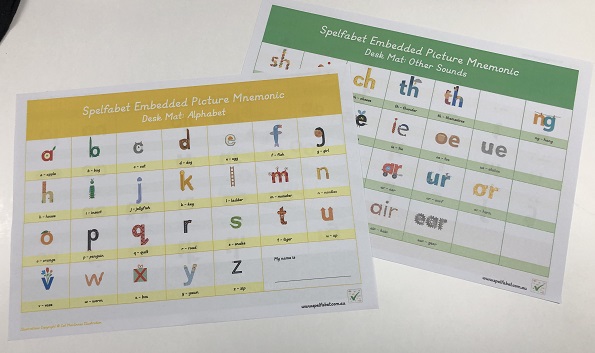
The desk mats have the alphabet on one side, and a mnemonic for each of the other sounds on the flip side. Print just the first side for beginners, or both sides to show learners that there are more sounds than letters, so many are written with letter combinations.
There are three versions, to suit different accents and preferences, all with the new y/yawn mnemonic:
- A version for most Australian, UK, NZ and other speakers of non-rhotic Englishes, with e/egg, k/key, o/orange, u/up, ur/surf, air/hair and ear/gears.
- A more Aussie version as above, but with k/kangaroo and u/undies (yes! back by popular demand).
- A version for US, Canadian and other speakers of rhotic accents, with e/echo, k/key, o/octopus, u/up, wh/whale, ur/burn, and aw/claw, but no air/hair or ear/gears.
Prices assume each purchaser will print enough for their class/caseload.
We hope you like them!
The Language, Learning and Literacy conference – Kathy Rastle
6 RepliesKathy Rastle was another keynote speaker at last week’s great Language, Literacy and Learning conference whose topic is directly relevant to this blog.
You might remember her as a co-author of last year’s influential paper about Ending the Reading Wars, and of this related article (both highly recommended reading).
Hers was the final keynote of the conference, but I met her on the first day. Being a dairy farmer’s daughter who went to Warrnambool High School, I’m still always a little amazed when people with titles like Professor and Head of the Department of Psychology at Royal Holloway, University of London say “hi, I’m Kathy”, and are utterly smiley, nice, and not the least bit pretentious.
Here Kathy is (on the right) with the also-legendary and lovely Lyn Stone (on the left) and Sarah Awesome (AKA Asome) of Bentleigh West PS, (check out their NAPLAN Year 3 spelling gain here!) at the conference Sundowner drinks. However, in the interests of showing proper, gender-neutral academic respect I’ll use her surname from now on.
THIS is a BORING book!
13 Replies
I’ve just watched a great 2016 BBC4 documentary called “B is for book”. It follows a group of London children from their first day at school for a year, and explores how they learn to read.
The kids live on a public housing estate in Hackney, and most speak languages other than English at home.
The film is not currently on the BBC website, but a few people have put it on YouTube. The version I watched is here, and you might like to keep it open in a new tab while you read, so you can quickly find and watch the interesting bits I describe below.
You’ll love all the children, but I was most entranced by a little boy called Stephan. An honest child with a low tolerance for Educrap, he looks and behaves a lot like a little boy I worked with last year, also a twin from public housing inclined to slide under the table.
At 19:42 on the video clock, the two children having the most difficulty learning to read in the film, Maria and Stephan, are asked, “What’s the hardest word you know how to spell?” First, they do this:
